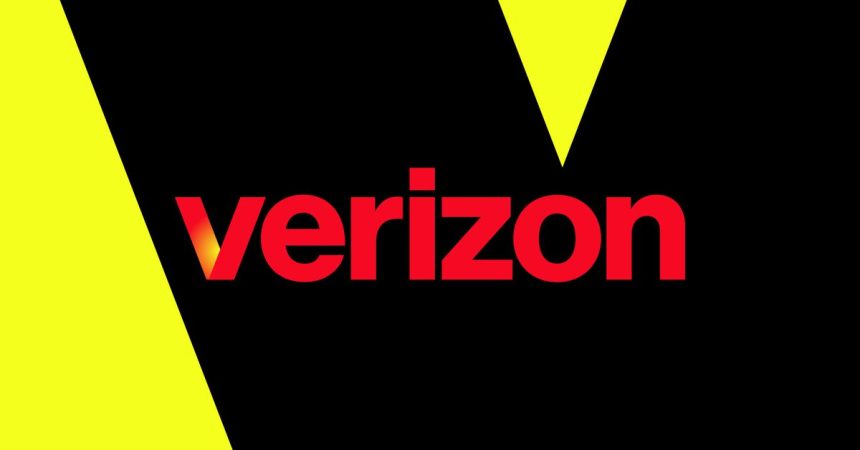Verizon customers are preparing for yet another increase in their monthly bills, a common practice among wireless carriers that seems to keep repeating itself. Recently, users shared on Reddit that they have noticed a rise of 20 cents per line in the “Administrative and Telco Recovery Charge.” This fee increase comes shortly after a more significant adjustment that occurred a few years back. The company’s rationale—that this is merely part of the expenses involved in their operations—might not be convincing enough for customers, especially given the pattern of these incremental hikes.
A spokesperson from Verizon, George Koroneos, confirmed to The Verge that starting December 18, the monthly Administrative and Telco Recovery Charge will increase: from $3.30 to $3.50 for each voice line and from $1.40 to $1.60 for data-only lines. This charge applies to various types of mobile products, including basic phones, smartphones, tablets, and hotspots. However, it is important to note that Verizon Home Internet services will remain unaffected by this fee increase, highlighting how the fee structure can vary among different services.
On its support page, Verizon describes this fee as a mechanism that “helps defray and recover certain direct and indirect costs we or our agents incur,” specifically mentioning network operating and maintenance expenses. Competitors like AT&T and T-Mobile utilize similar fees under different names, which suggests that this is a common practice in the industry. Each company purports that this additional charge is necessary to cover the operational costs of running a wireless network, a claim that many consumers view with skepticism.
Critics argue that these wireless corporations intentionally separate such fees from the base plan costs to avoid directly raising prices, effectively masking the true cost of service. A relevant example includes a class-action lawsuit against AT&T in 2022, which alleged that the company misrepresented these fees. The lawsuit concluded with a settlement, demonstrating that consumers are becoming increasingly aware and critical of such pricing tactics in the telecommunications industry.
While a 20-cent increase per line may seem trivial at first glance, when multiplied by the millions of Verizon subscribers, the financial impact is substantial. In the third quarter of this year, Verizon reported a net income of $3.4 billion, down from $4.9 billion in the same quarter the previous year. These figures illustrate the competitive nature of the wireless market and how companies are turning to modest fee increases to sustain profitability amid declining revenues.
Ultimately, this fee increase is a further indication of the on-going strategies employed by wireless providers to maintain their profit margins. As these companies continue to maneuver within the complexities of consumer pricing, customers are left to grapple with the cumulative effect of these incremental charges on their monthly bills. This situation serves as a reminder of the broader implications of corporate pricing strategies in the telecommunications sector and challenges the transparency of service costs—something consumers are increasingly inclined to question.



